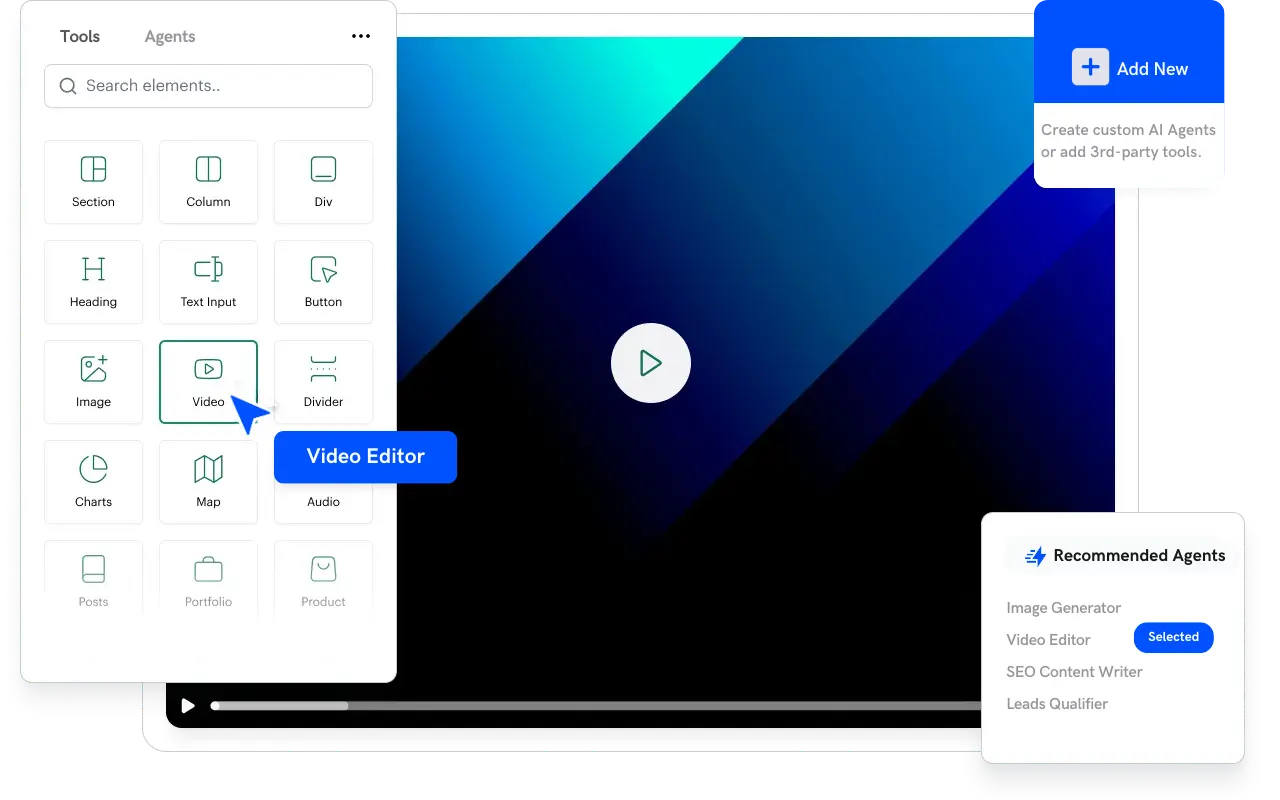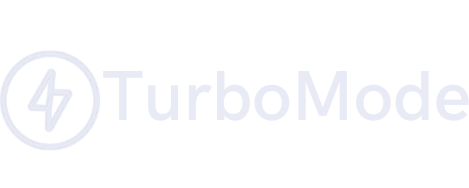The evolution of project management is reaching a new frontier with the advent of generative AI. As we approach 2025, organizations across industries are beginning to harness the full potential of AI to revolutionize how projects are planned, executed, and monitored. Generative AI is not just automating tasks—it is fundamentally reshaping project management by providing dynamic, data-driven solutions that adapt to changing circumstances.
One of the most transformative aspects of generative AI in project management is its ability to create intelligent project plans. Traditional project management often relies on static plans and timelines that can quickly become outdated as projects progress. In contrast, generative AI systems analyze historical data, current trends, and real-time inputs to generate adaptive project timelines. These systems can continuously adjust resource allocation and task sequencing, ensuring that projects remain on schedule despite unforeseen challenges. Industry leaders like MIT Technology Review have documented the significant time savings and risk reductions achieved through these adaptive systems.
Furthermore, generative AI is enhancing risk management in projects by providing predictive insights that were previously unattainable. By processing vast datasets and recognizing patterns, AI can forecast potential issues before they escalate. For example, if a project is trending towards a delay due to resource constraints or external market changes, the system can alert project managers and suggest corrective measures. This proactive approach enables teams to implement contingency plans promptly, thereby safeguarding project objectives and minimizing disruptions.
Another critical benefit of generative AI is its impact on team collaboration. Modern project management involves coordinating efforts among diverse teams, often spread across different locations and time zones. Generative AI-powered tools facilitate seamless communication by automatically scheduling meetings, providing real-time updates, and summarizing key discussion points from team interactions. These tools help ensure that every team member is aligned with the project’s goals and aware of their responsibilities, thus reducing the likelihood of miscommunication and errors.
In addition to improving planning and risk management, generative AI is driving innovation in project documentation. The technology can generate detailed project reports and dashboards that offer a comprehensive view of progress, performance metrics, and potential areas for improvement. This automated documentation not only saves time for project managers but also provides stakeholders with transparent and up-to-date information, fostering trust and accountability. As Forbes has noted, the ability to generate real-time reports is becoming a critical factor in successful project execution.
The integration of generative AI also enables a more agile project management approach. Traditional project management methodologies can be rigid and slow to respond to change. However, with AI’s continuous learning capabilities, project plans evolve as new data becomes available. This agility allows organizations to pivot quickly in response to market shifts or internal challenges, ensuring that projects remain aligned with broader business objectives. Companies that have adopted these AI-driven methods report not only faster project completion times but also improved overall quality and innovation in project outcomes.
Moreover, generative AI contributes significantly to resource optimization. By analyzing team performance data and workload trends, AI tools can recommend the most efficient distribution of tasks and suggest where additional support might be required. This level of detailed insight ensures that no resource is overburdened while maximizing overall team productivity. The cumulative effect is a more efficient and resilient project management framework that can adapt to the complexities of modern business.
In summary, generative AI is set to transform project management by introducing unprecedented levels of adaptability, predictive accuracy, and collaborative efficiency. As organizations prepare for the future, the integration of generative AI into project management processes will become a key competitive differentiator. The technology not only streamlines operations but also fosters innovation and agility—qualities that are essential in today’s rapidly changing business landscape. Embracing generative AI today will position organizations to excel in the challenges and opportunities of 2025 and beyond.






